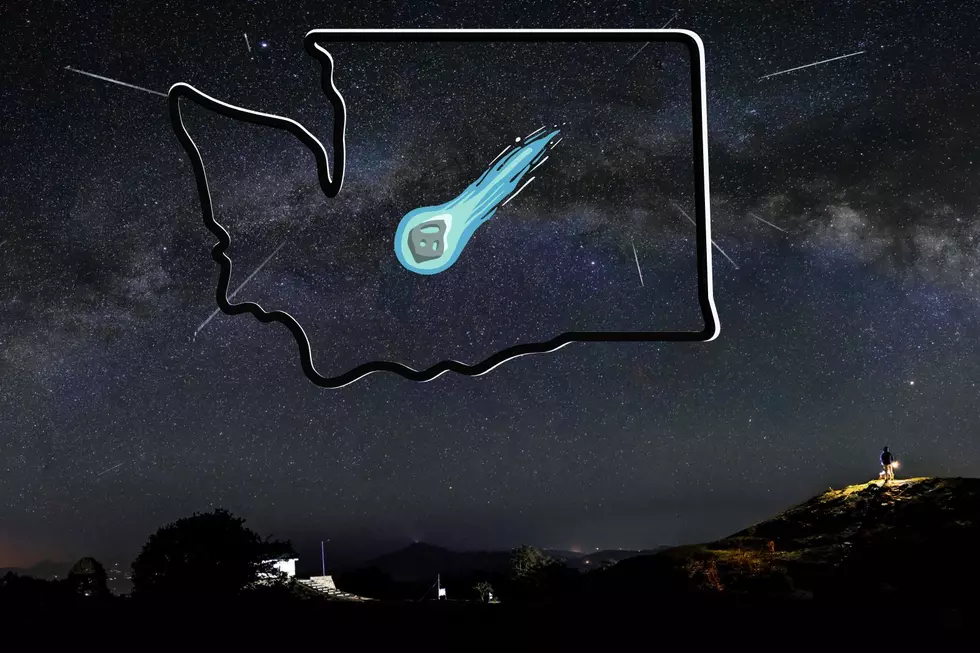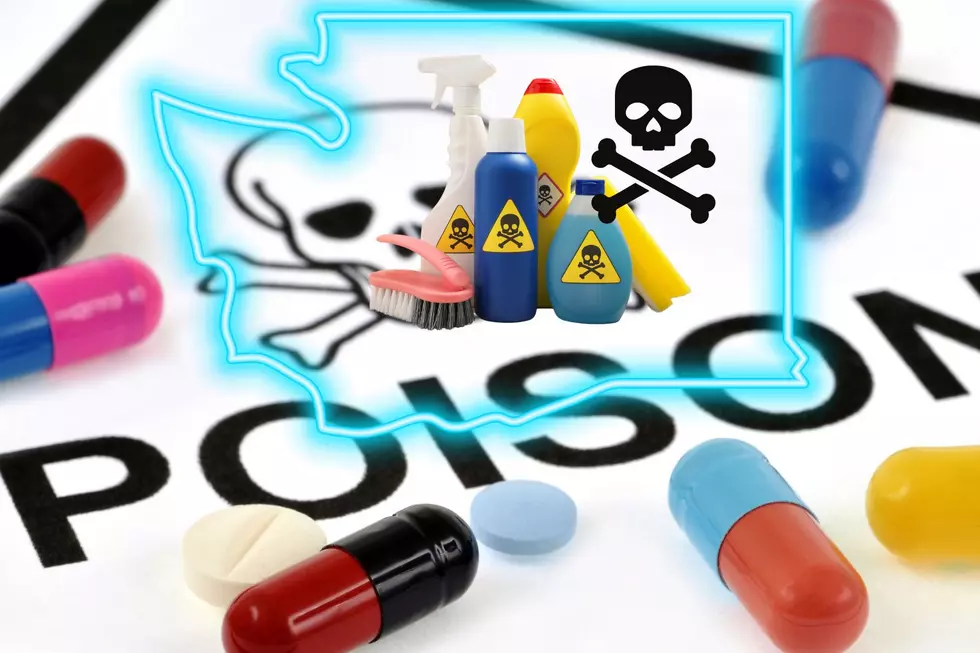
BEWARE: COVID-19 Related Scams for 2021 – It’s Still a Big Thing
New year, new scams.
Since the onset of the pandemic, and that seems like forever ago, those sneaky criminal types have used tactics like identity theft and social engineering to defraud government and healthcare programs and illegally cash in—and 2021 has brought some new material for them to keep up their scams.
On December 21, 2020, federal agencies alerted the public regarding the high potential for fraud during the pandemic, especially now that a vaccine is available. Meanwhile, fraudsters are continuing their global phishing and spoofing campaigns, baiting victims with bogus promises of COVID-19 testing, grants, and prescription cards in exchange for personally identifiable information (PII).
It’s no surprise that fraudsters are now using the vaccine's availability, and people scrambling to get theirs, to target peoples’ money and sensitive information, but pay close attention and be aware of potential red flags, especially regarding your bank account statement, either paper on online, to remain vigilant.
Beware of These Scams
- Recorded phone calls (“Robocalls”) offering the chance to avoid lines and get vaccinated sooner for a set price (e.g., $79.99).
- Advertisements and price gouging for the sale of fake or potentially dangerous (and unapproved, illegitimate) COVID-19 “medicine” or treatments.
- Solicitations, whether in person or via text, email, or phone, asking you to provide account information (financial or medical), click an unfamiliar or unexpected link, or visit an unfamiliar webpage in order to “sign up” for treatment.
- Bogus “contact tracers” who reach out to unsuspecting victims and ask for PII (e.g., Medicare number or financial information) or attempt to collect payment for scheduling a test. Legitimate contact tracers don’t need such information or payment.
Tips to Note
The key points federal officials want the public to understand when it comes to preventing such scams are:
- Go to a trusted source for vaccine information (e.g., your doctor or local health department).
- Don’t buy a vaccine or treatment off the Internet.
- The vaccine is provided at no cost, although providers may charge a fee for administration (that can be reimbursed).
- Ignore any solicitations about the vaccine that are delivered to you via text message, social media, phone call, email, or in person, because health officials are not contacting eligible people using these methods.
- Don’t give money or any type of PII to an unexpected or unfamiliar party contacting you about COVID-19, because fraudsters can use such information to defraud healthcare organizations and commit identity theft.
If You See Something, Say Something
Some fraudsters are adapting faster in their 'craft' than authorities can keep up, and even the smallest amount of fraud can quickly become a scam epidemic, so healthy skepticism to hyper-vigilance may be necessary, even regarding an unexpected opportunity for COVID-19 treatment, as it’s often said, ’If it sounds too good to be true, it probably is.’”
Contact your local law enforcement agencies if you think you’ve received fraudulent communication regarding COVID-19 treatment.
Umpqua Bank provided the bulk of the information posted in this piece.


